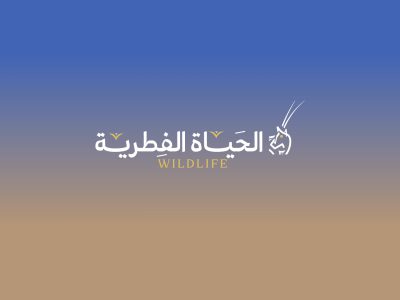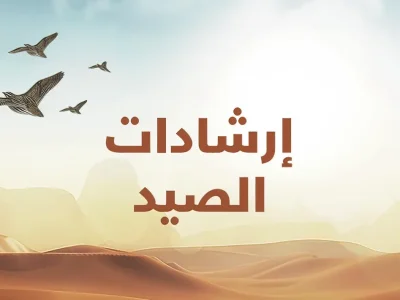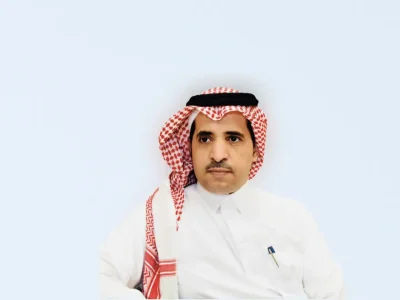Saudi Arabia is at an important moment in its environmental journey, where the need to protect our natural legacy has never been more pressing. As the stewards of a nation rich in biodiversity, the National Center for Wildlife (NCW) is dedicated to safeguarding the Kingdom’s diverse habitats, conserving wildlife species, and managing protected areas to ensure that future generations inherit a thriving natural environment. This highlights our responsibility to protect Saudi Arabia’s unique biodiversity.
Over the past few decades, NCW has made remarkable progress in wildlife conservation, driven by a deep commitment to preserving the natural beauty and ecological balance of our land. This initiative revealed evidence of the positive impact of our work, from the recovery of endangered species to the restoration of critical habitats. Our work is not just about addressing current challenges; it’s about planning for the future, ensuring that our ecosystems remain resilient in the face of increasing environmental pressures.
Central to our efforts are the protected areas spread across the Kingdom. These areas serve as safe havens for species, offering the space and conditions necessary for wildlife to thrive. By protecting and managing these vital habitats, we create opportunities for species to rebuild their populations, maintaining the biodiversity that is essential to the health of our natural environment. These areas also play a crucial role in maintaining the natural balance, supporting plant and animal life that would otherwise be at risk.
Our approach goes beyond just protection. We are actively restoring habitats that have been impacted by human activities, including areas that have suffered from urban development, pollution, or overgrazing. Through reforestation projects, sustainable water management, and controlled reintroductions of native species, we are reversing the damage done to these environments, ensuring that they can support life once again. One of our key success stories is the reintroduction of the Arabian Oryx, which was once on the brink of extinction but is now thriving in protected areas across the Kingdom.
International cooperation is also at the heart of our strategy. NCW works closely with global conservation organizations, scientific institutions, and governments to share knowledge, develop best practices, and strengthen our conservation initiatives. Through these partnerships, we are able to expand our network of protected areas, ensuring that endangered species have the space and resources they need to survive and reproduce. Collaboration also helps us address wider environmental challenges, such as climate change, that affect ecosystems on a global scale.
Public involvement is a cornerstone of our conservation efforts. We believe that educating and engaging local communities is key to ensuring the success of our initiatives. When people are aware of the value of their natural surroundings and understand how their actions impact the environment, they become more invested in protecting it. Through outreach programs, educational campaigns, and local partnerships, we encourage community participation in the management of protected areas. This collective approach fosters a deeper connection between people and nature, inspiring a new generation of environmental stewards.
Our vision for the future is clear: a Saudi Arabia where wildlife thrives, habitats are restored, and the natural balance is maintained for the benefit of all. As we move forward with our strategic plan, NCW’s dedication to protecting Saudi Arabia’s natural legacy remains unwavering. We are confident that, with continued effort and collaboration, we can build a future where the natural world is preserved for generations to come.
The road ahead is long, and the challenges are many, but with the commitment of our team, our partners, and the people of Saudi Arabia, we believe we can achieve our goals. Together, we will ensure that Saudi Arabia’s unique wildlife and natural heritage are not only protected but also celebrated as a vital part of our national identity.




